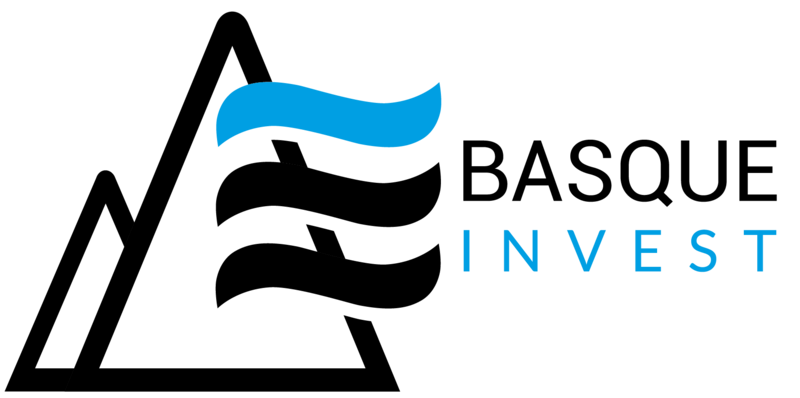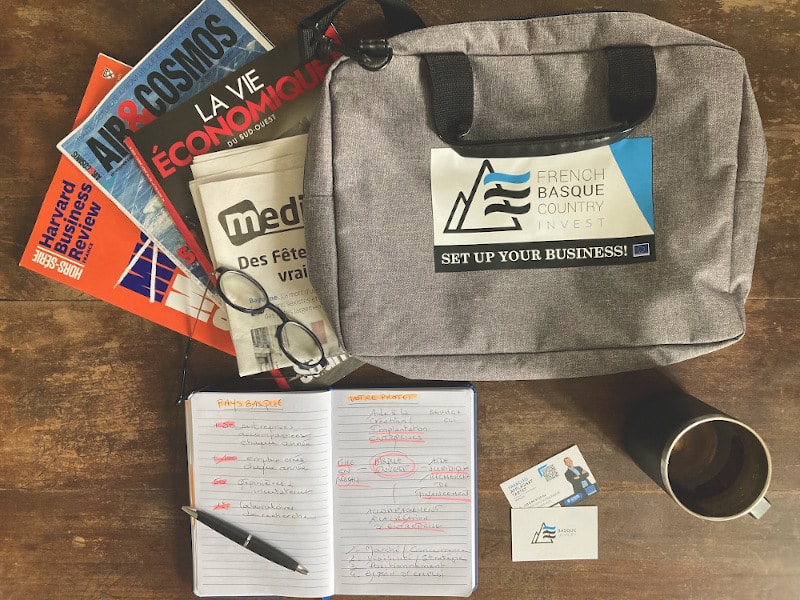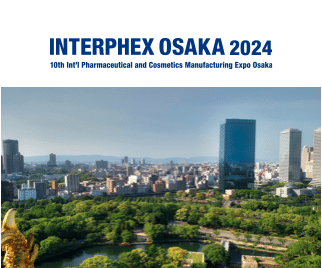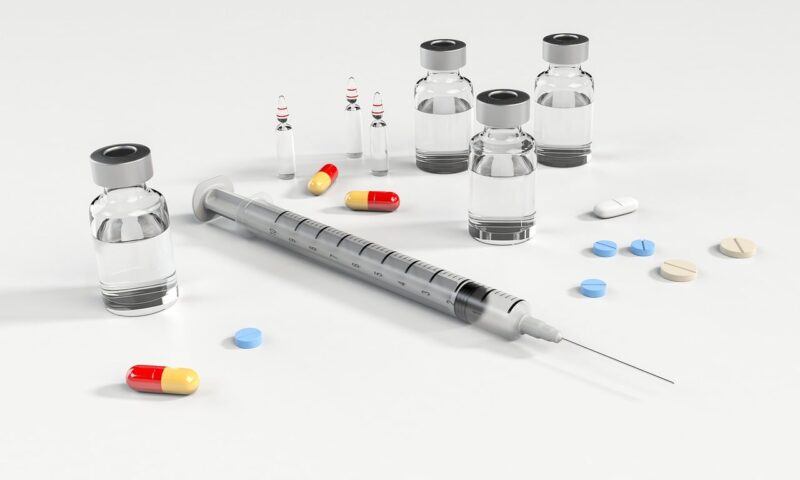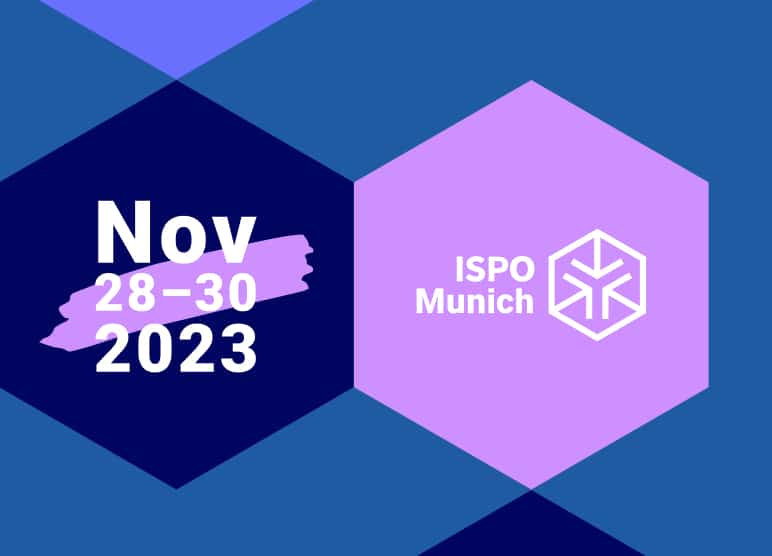Nanotechnologies: definition and meaning
A nanometer (nm) is the distance between two atoms.
For example, a water molecule measures 0.1 nanometer, DNA has a diameter of 2 nanometers, and the diameter of a virus measures between 30 and 200 nanometers.
Nanotechnologies are the techniques and processes of the infinitely small, on the scale of a millionth of a millimeter.
The infinitesimal world of nanometry, or nanoscopy, enables us to identify specific new properties that will improve our everyday lives.
Nanotechnology is an innovation that can be applied to a wide range of fields, including IT, medicine, textiles, cosmetics and energy.
To be considered as such, nanomaterials must contain at least 50% nanoparticles.
Nanotechnologies are used, for example, in the sports industry to manufacture articles based on lighter, stronger materials such as carbon nanotubes, or in the cosmetics industry to optimize UV filters in suncare products through the use of titanium dioxide particles.
The application of nanotechnologies is an opportunity for the French healthcare industry, offering the possibility of developing miniature devices in or ex vivo. The health crisis of 2020 triggered an acceleration in research, particularly into the development of nanomedicines and nanovaccines (messenger RNA in particular).
Nanomedicine in the French medical industry
France’s medical industry faces major challenges in the race to nanomedicine. Nanotechnologies are helping to improve diagnostic, therapeutic and patient monitoring techniques. Nanomedicine can be applied to a wide range of fields, including imaging, biological analysis, DNA chips and nanomedicines.
The very principle of nanomedicine is to transport treatment molecules via a vector that reaches the infected area directly, thus limiting damage to non-infected cells, while optimizing therapeutic efficacy and reducing the toxicity of injected or ingested products.
Nanotechnologies and medical imaging
Nanoparticles offer an innovative alternative to the contrast agents currently injected into the body (organic fluorides or radioactive isotopes) for X-rays, scans, MRIs and other imaging procedures. The use of nanotechnologies improves image resolution and offers better tolerance by the body.
Nanotechnology and biological analysis
Nanotechnologies can be used to optimize the results of biological analyses, insofar as they are microscopic study techniques. The use of nanotechnologies in France’s healthcare industry enables near-automation, while limiting the use of biological material to make biological analysis of DNA, proteins and cells more accessible.
Nanomedicine and DNA chips
Microarray technology combines microelectronics, microfluidics and bioinformatics. This technique helps to identify the presence of a viral or bacterial pathogen.
The creation of “Lab-on-a-chip” represents a major technological advance in the field of nanometric-scale biological diagnostics. Using biological nanopores or nano-channels, these lab-on-a-chip systems enable several analyses to be carried out simultaneously.
Nanomedicine and medical innovation in France
Nanomedicines are increasingly marketed in the medical fields of oncology, rheumatology, neurology and infectiology. The use of nanomaterials such as gold or silicon nanoparticles, nanomotors that can be implanted in cancer cells, and the innovative use of nanozymes are all helping to achieve a better balance between risk and benefit.
Nanobiomaterials and the medical industry in France
The use of nanobiomaterials holds great promise in regenerative medicine for the repair or replacement of skin, nerve, heart or bone tissue. Regenerative nanomedicine promises to be an innovative means of restoring certain functions through, for example, subretinal implants or neuronal prostheses.
Your project in the medical industry in France
Where to locate your medical startup in France?
With a team of experts in business location, business development and knowledge of the French and Basque economic fabric, the Basque Invest team (a publicly-funded service) helps entrepreneurs realize their innovative projects and set up their businesses.
Basque Invest supports startups in the French healthcare industry to bring their disruptive projects to fruition, whether in nanotechnologies, composite materials or medical devices.
The Basque Country boasts a healthcare industry ecosystem that includes some of the most innovative companies in the medical industry, such as Needle Concept, BBraun, Techno Flex, Renaudin Laboratories and Sophia Genetics.
Many innovative projects in the medical sector have come to life in the Basque Country thanks to the support of Basque Invest. Our business start-up service in France and the Basque Country provides entrepreneurs with economic, financial, logistical, relational and human support.
For example, project leaders can join Ginkgo Biloba, the medical innovation start-up incubator created by three Ramsay Santé group clinics.
Do you have a nanotechnology or nanomedicine project?
If you’d like to set up your medical industry business in France’s most start-up-friendly city, contact our healthcare business expert, François Applagnat.
Sources :
INSERM Institut National de la Santé Et de la Recherche Médicale
Institut Raphaël, santé intégrative
FHP MCO Fédération de l’Hospitalisation Privée Médecine, Chirurgie, Obstétrique
LNE Laboratoire National de Métrologie et d’Essais
ANR, Agence Nationale de la Recherche
